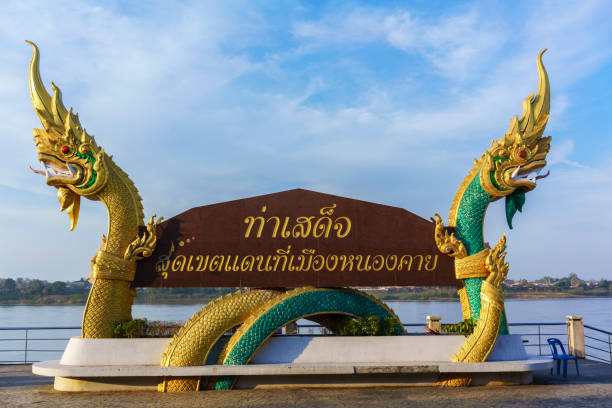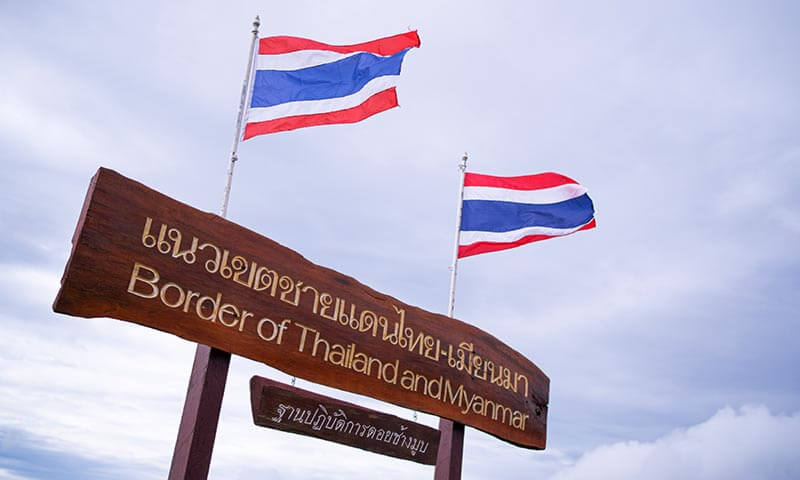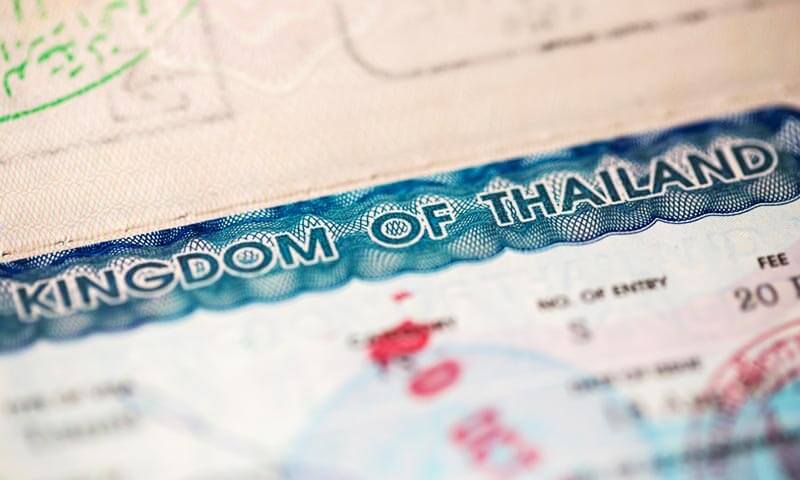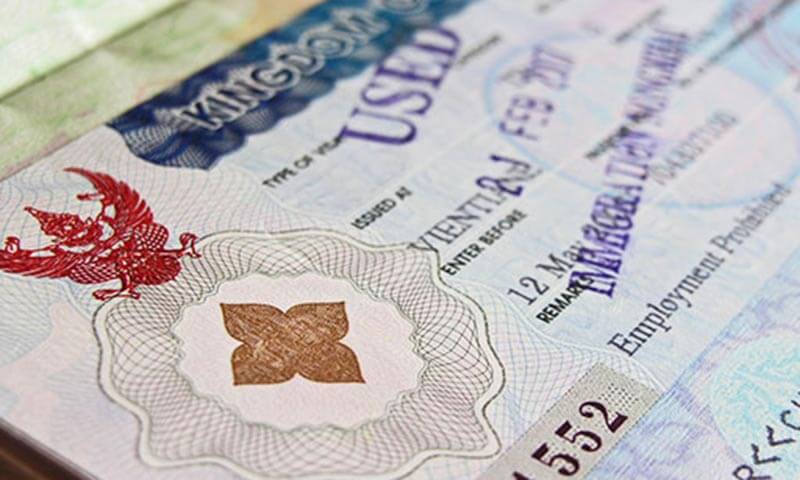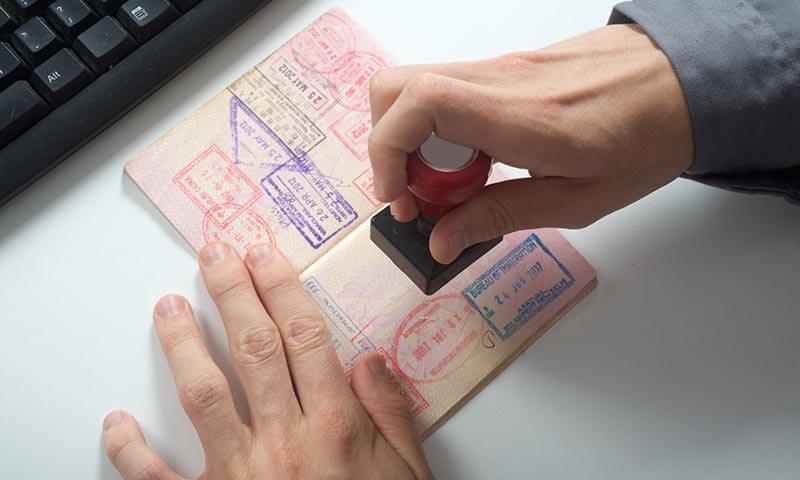90-Day Visa Thailand options are popular among travelers, expatriates, and business professionals who wish to stay in the country for an extended period without the need for frequent visa runs. These visas provide a balance between short-term stays and long-term residency, offering flexibility for various purposes such as tourism, business, retirement, or family visits. This article provides an in-depth exploration of Thailand’s 90-day visa options, covering the types of visas available, application processes, compliance requirements, and key considerations for applicants.
Types of 90-Day Visas in Thailand
Thailand offers several types of visas that allow for a 90-day stay, each tailored to specific purposes and eligibility criteria.
1. Single-Entry Tourist Visa (TR)
- Purpose: For tourists who wish to stay in Thailand for up to 90 days.
- Validity: The visa is valid for a single entry and allows a stay of up to 60 days, which can be extended for an additional 30 days at a local immigration office.
- Eligibility: Applicants must provide proof of travel plans, accommodation, and financial means.
2. Multiple-Entry Tourist Visa (METV)
- Purpose: For frequent travelers who wish to enter Thailand multiple times within a six-month period.
- Validity: Each entry allows a stay of up to 60 days, which can be extended for an additional 30 days.
- Eligibility: Applicants must demonstrate a consistent travel history and provide proof of financial stability.
3. Non-Immigrant Visa (Category B)
- Purpose: For business professionals who wish to conduct business activities in Thailand.
- Validity: Allows a stay of up to 90 days, with the possibility of extension.
- Eligibility: Applicants must provide a letter from a Thai company or employer, detailing the purpose of the visit and financial support.
4. Non-Immigrant Visa (Category O)
- Purpose: For individuals visiting family, retiring, or seeking medical treatment in Thailand.
- Validity: Allows a stay of up to 90 days, with the possibility of extension.
- Eligibility: Applicants must provide proof of relationship (for family visits), retirement funds, or medical documentation.
5. Non-Immigrant Visa (Category ED)
- Purpose: For students enrolled in educational institutions in Thailand.
- Validity: Allows a stay of up to 90 days, with the possibility of extension.
- Eligibility: Applicants must provide an acceptance letter from a recognized educational institution.
Application Process for a 90-Day Visa
The application process for a 90-day visa in Thailand involves several steps, each requiring careful attention to detail and documentation.
1. Determine the Appropriate Visa Type
- Identify the visa category that best suits the purpose of your visit (e.g., tourism, business, retirement, education).
2. Gather Required Documents
- General Requirements:
- Completed visa application form.
- Passport with at least six months of validity and blank pages.
- Recent passport-sized photographs.
- Proof of travel plans (e.g., flight itinerary, hotel bookings).
- Proof of financial means (e.g., bank statements, sponsorship letters).
- Specific Requirements:
- Tourist Visa (TR/METV): Travel insurance, proof of accommodation.
- Non-Immigrant Visa (Category B): Letter from a Thai company, business registration documents.
- Non-Immigrant Visa (Category O): Proof of relationship, retirement funds, or medical documents.
- Non-Immigrant Visa (Category ED): Acceptance letter from an educational institution.
3. Submit the Application
- Submit the application and supporting documents to the Royal Thai Embassy or Consulate in your home country or country of residence.
- Pay the visa application fee, which varies depending on the visa type and nationality.
4. Attend an Interview (if required)
- Some visa categories may require an interview to assess the applicant’s eligibility and intentions.
5. Receive the Visa
- Once approved, the visa will be affixed to your passport, allowing you to enter Thailand within the specified validity period.
Compliance and Extension of Stay
Once in Thailand, visa holders must comply with specific regulations and may have the option to extend their stay.
1. 90-Day Reporting
- Requirement: Foreigners staying in Thailand for more than 90 consecutive days must report their address to the Immigration Bureau.
- Process: Submit a completed TM.47 form, along with proof of address (e.g., rental agreement, utility bill) and passport copies.
- Penalties: Failure to comply with 90-day reporting requirements can result in fines or other penalties.
2. Visa Extensions
- Eligibility: Certain visa types (e.g., Tourist Visa, Non-Immigrant Visa) can be extended for an additional 30 days.
- Process: Submit an application for extension at a local immigration office, along with supporting documents and the required fee.
- Limitations: Extensions are subject to approval and may not be granted for all visa types or circumstances.
3. Re-Entry Permits
- Purpose: Allows visa holders to leave and re-enter Thailand without invalidating their visa.
- Process: Apply for a re-entry permit at the Immigration Bureau before departing Thailand.
- Types: Single re-entry permit (valid for one re-entry) or multiple re-entry permit (valid for multiple re-entries).
Key Considerations for Applicants
- Visa Validity and Entry Stamps:
- Ensure that your visa is valid for the intended duration of stay and that you receive the correct entry stamp upon arrival.
- Financial Requirements:
- Be prepared to demonstrate sufficient financial means to support your stay in Thailand.
- Health Insurance:
- Some visa categories (e.g., Non-Immigrant Visa O-A for retirement) require proof of health insurance coverage.
- Legal Advice:
- Seek professional advice to ensure that you meet all eligibility criteria and comply with Thai immigration laws.
Challenges and Common Issues
- Documentation Errors:
- Incomplete or incorrect documentation can lead to delays or rejection of the visa application.
- Overstaying:
- Overstaying your visa can result in fines, detention, or deportation.
- Changing Visa Types:
- Switching from one visa type to another (e.g., from a Tourist Visa to a Non-Immigrant Visa) can be complex and may require leaving the country.
- Language Barriers:
- Navigating the visa application and compliance process can be challenging for non-Thai speakers.
Recent Developments and Trends
- Digitalization:
- The Thai Immigration Bureau has introduced online platforms for 90-day reporting and visa extensions, improving efficiency and accessibility.
- COVID-19 Impact:
- The COVID-19 pandemic has led to temporary changes in visa policies, such as automatic extensions and reduced fees for certain visa categories.
- Tourism Recovery:
- Thailand is implementing measures to revive its tourism industry, including streamlined visa processes and promotional campaigns.
Conclusion
Thailand’s 90-day visa options provide a flexible and convenient solution for travelers, expatriates, and business professionals seeking to stay in the country for an extended period. By understanding the different visa types, application processes, and compliance requirements, applicants can navigate the complexities of Thai immigration laws and ensure a smooth and hassle-free experience. Whether for tourism, business, retirement, or education, a 90-day visa offers the opportunity to explore and enjoy all that Thailand has to offer. With careful planning, thorough preparation, and professional guidance, applicants can maximize the benefits of their stay and comply with all legal obligations.


